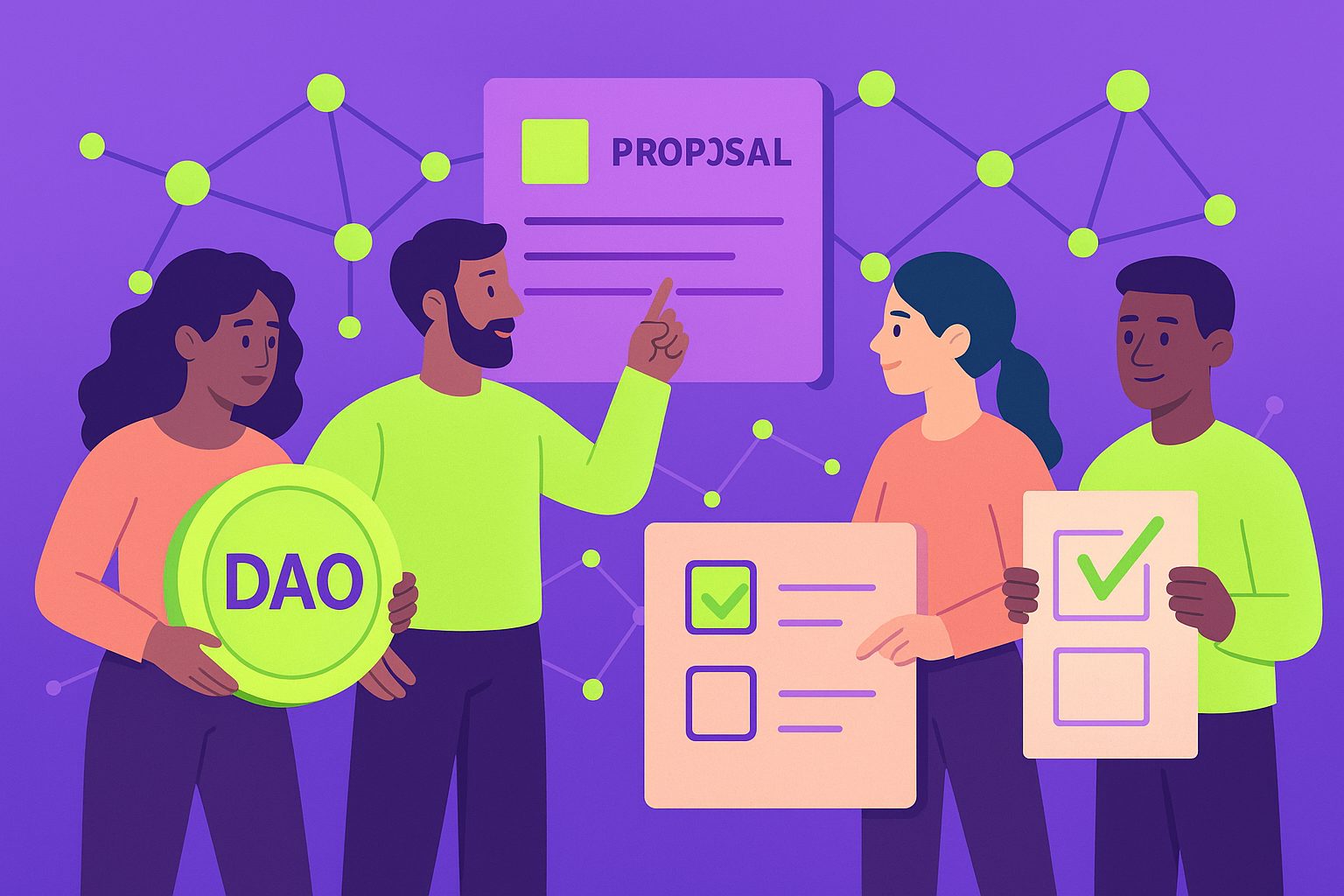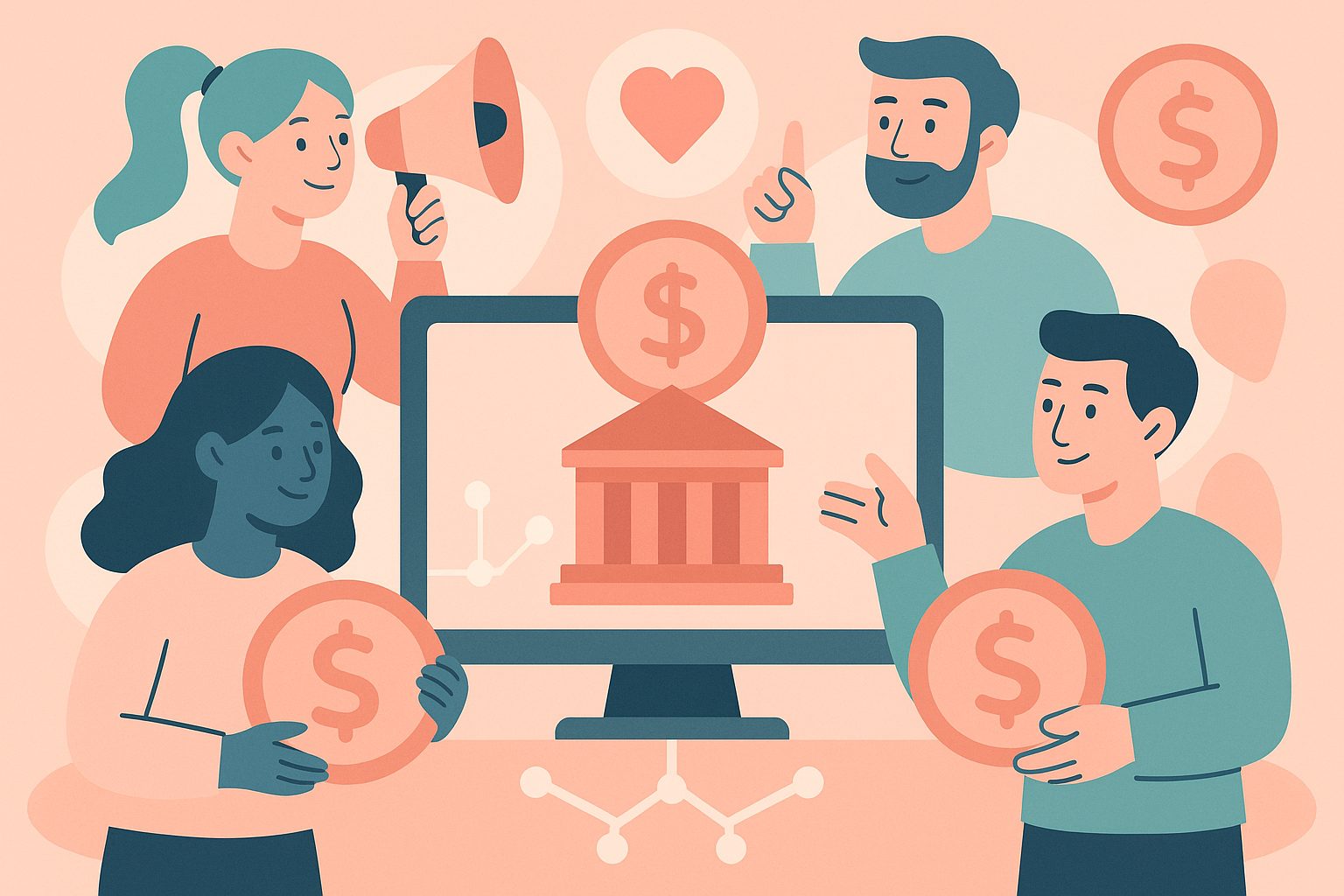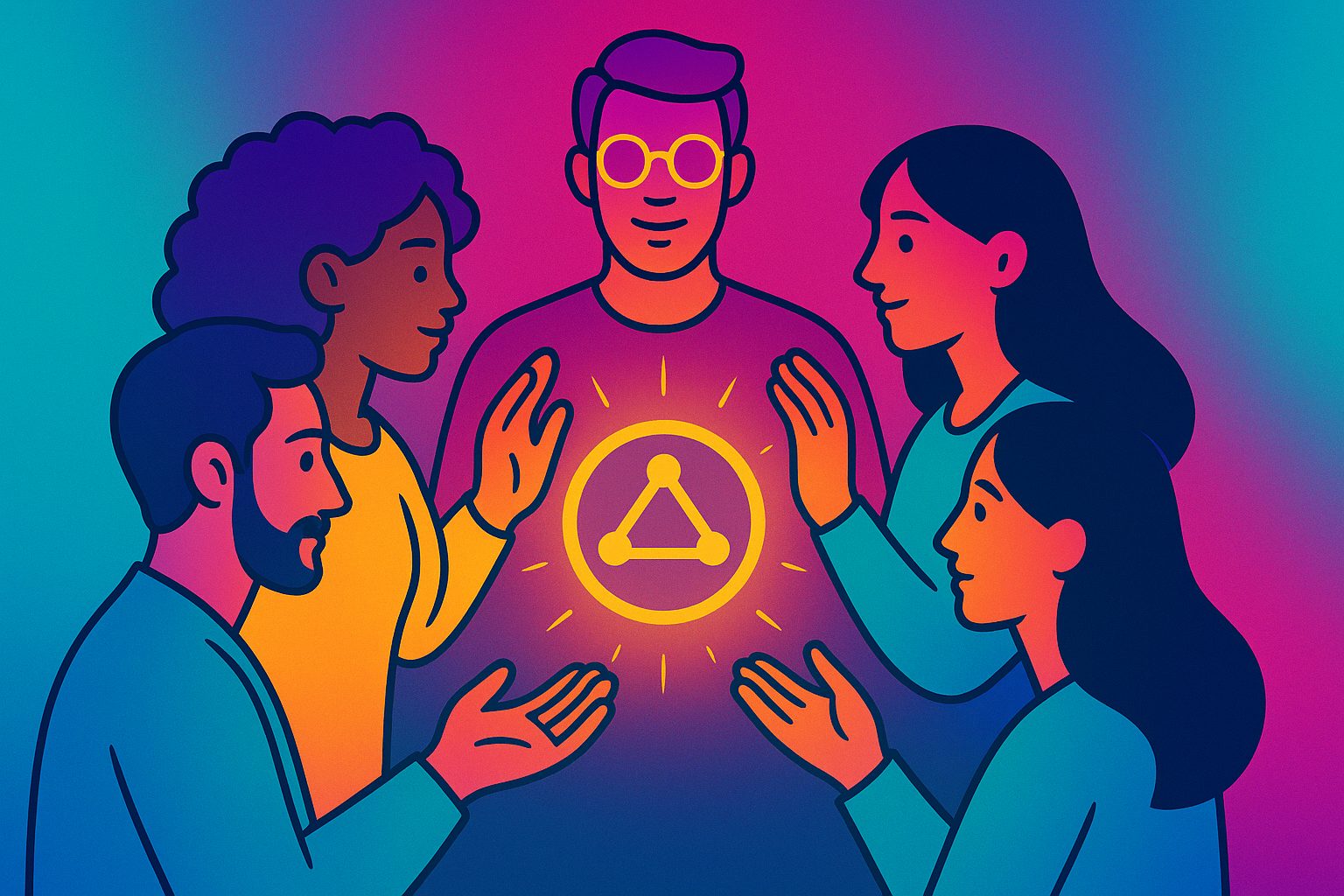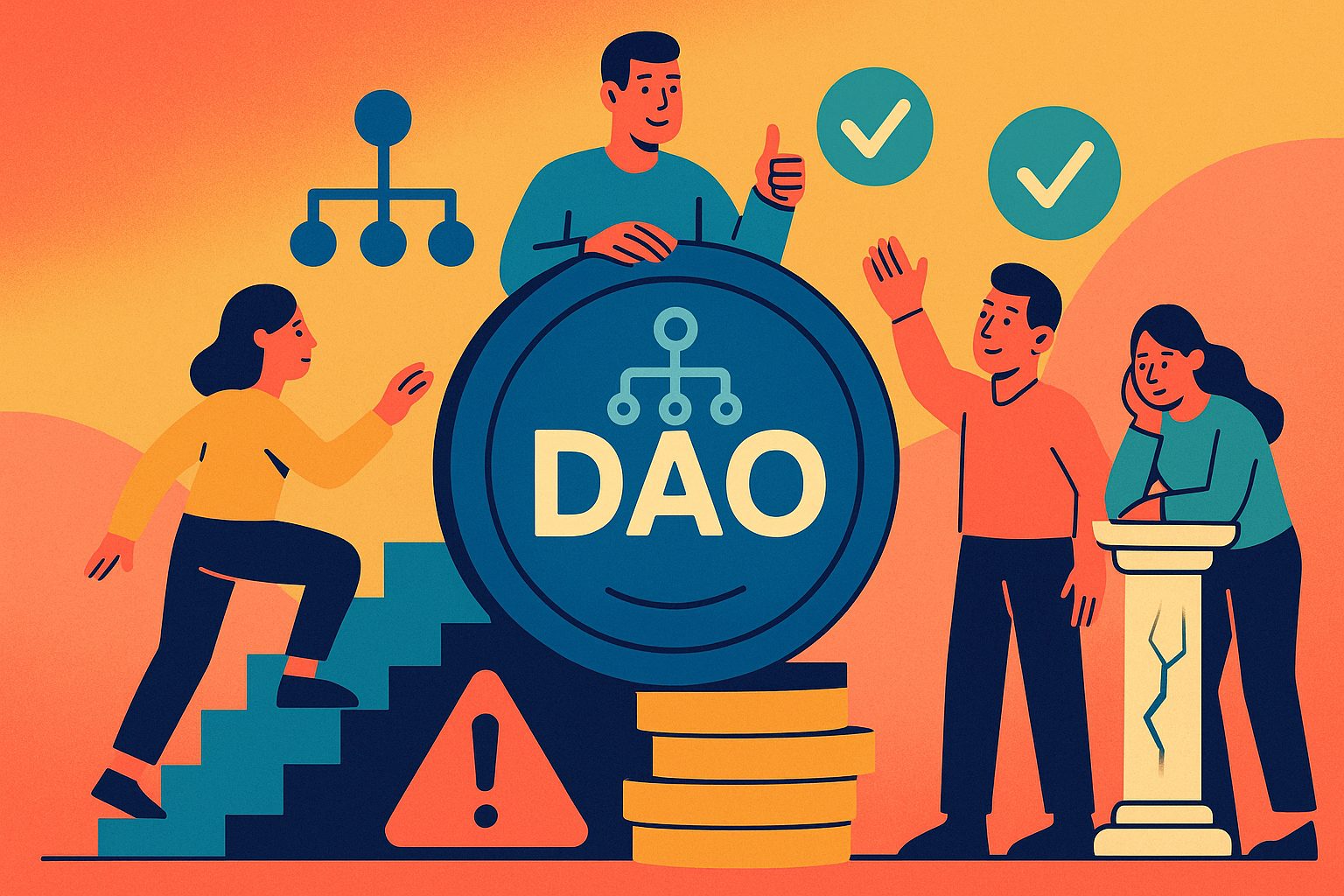Decoding the Essence of DAO Governance
Decentralized Autonomous Organizations, or DAOs, represent a seismic shift in how groups collaborate, make decisions, and allocate resources. Unlike traditional organizations anchored by hierarchies and top-down management, DAOs operate on transparent, blockchain-based protocols that empower every participant to have a voice. This beginner’s guide peels back the layers of DAO governance, demystifying the core concepts that underpin these digital collectives. By exploring the mechanisms of proposal creation, token-based voting, and on-chain execution, you’ll gain a comprehensive understanding of how DAOs are reshaping organizational structures across industries—from decentralized finance (DeFi) and Web3 startups to open-source software communities.
Unpacking the Foundations of Decentralized Governance
At its heart, DAO governance is built upon the principle of distributed decision-making. Instead of relying on executive boards or centralized authorities, DAOs embed their rules in smart contracts—self-executing code that lives on a blockchain. This code defines how proposals are submitted, how voting takes place, and how approved decisions are automatically enacted. Token holders, who have acquired governance tokens often through contribution or purchase, become stakeholders with voting rights. These tokens represent both a measure of influence and a stake in the organization’s success. Because every transaction and vote is recorded on a public ledger, DAO governance offers unmatched transparency and auditability, fostering trust among participants regardless of geographical or cultural barriers.
The Pillars of Proposal Creation and Submission
For a DAO to function, it needs a clear pathway for stakeholders to suggest changes, allocate funds, or initiate projects. This begins with the proposal process. Contributors draft proposals—comprehensive documents that outline objectives, implementation details, and resource requirements. Proposals are often submitted on governance platforms tailored to each DAO, like Snapshot for off-chain signaling or on-chain frameworks such as Aragon or DAOstack. A robust proposal typically includes background context, a clear problem statement, a proposed solution with technical details if necessary, and a breakdown of budget or token allocations. Some DAOs require proposals to pass a preliminary discussion phase in dedicated forums or chat channels, ensuring that ideas are refined by community feedback before moving to the voting stage.
Navigating the Dynamics of Token-Based Voting
Voting is where DAO governance truly comes alive, transforming stakeholder opinions into enforceable actions. Most DAOs employ token-weighted voting, meaning each governance token held translates into voting power. This mechanism incentivizes active participation and aligns incentives, as token holders stand to benefit from decisions that increase the DAO’s value. Voting periods vary across DAOs but typically last between one and two weeks, providing ample time for deliberation. Votes may be binary (yes or no) or involve ranked-choice or quadratic voting to reflect nuanced preferences. Once the voting window closes, votes are tallied through on-chain smart contracts that automatically trigger the agreed-upon changes—be it fund disbursement, protocol upgrades, or policy amendments—ensuring governance remains permissionless and tamper-proof.
Roles and Responsibilities Within a DAO Ecosystem
While DAOs eschew traditional corporate hierarchies, governance often coalesces around defined roles that facilitate smooth operations. Core contributors, such as developers or community managers, may be entrusted with creating and reviewing technical proposals. Treasury stewards oversee fund management, ensuring transparent and responsible allocation of resources. Governance facilitators or moderators guide discussions, help maintain healthy debate, and ensure proposals meet submission guidelines. Some DAOs introduce advisory councils or working groups for specialized areas like marketing, legal compliance, or security. Though these roles carry no formal authority outside community-sanctioned functions, they streamline decision-making by concentrating expertise and fostering accountability among volunteer stakeholders.
Exploring the Tools of On-Chain Governance
The rise of DAOs has spurred the development of sophisticated governance platforms that simplify proposal drafting, voting, and execution. Aragon offers modular governance frameworks, enabling DAOs to customize permission settings, member roles, and voting rules. MolochDAO’s architecture focuses on minimalism and security, using simple smart contracts to manage memberships and funding proposals. Snapshot operates off-chain by aggregating token holder signatures to reduce gas costs, often paired with on-chain bridges to execute final decisions. Meanwhile, emerging standards like Governor Bravo on Compound and OpenZeppelin’s Governor framework provide audited, reusable governance contracts for developers. These tools abstract away complex blockchain interactions, allowing DAO communities to concentrate on strategy and decision-making rather than low-level technical implementation.
Advantages and Roadblocks of Decentralized Decision-Making
DAO governance brings compelling benefits: heightened transparency, democratized power structures, and global accessibility. Participants collaborate from around the world, contributing ideas and expertise free from the constraints of office hierarchies or geographic proximity. Token-based incentives align stakeholders with collective success, as token values often mirror the DAO’s performance. However, challenges persist. Voter apathy can undermine decision quality if participation rates remain low. Token concentration risks replicating centralized power dynamics, where whales—holders of large token quantities—wield disproportionate influence. Security vulnerabilities in smart contracts expose DAOs to exploits and governance attacks. Furthermore, legal and regulatory landscapes for DAOs remain uncertain in many jurisdictions, posing compliance risks for community members and service providers.
Cultivating Effective Participation and Engagement
Healthy DAO governance relies on active, informed participation. Communities that succeed invest in clear onboarding processes, educational resources, and inclusive communication channels. Governance forums and chat platforms like Discord or Discourse serve as incubators for idea development, where newcomers can seek guidance and veterans can mentor emerging contributors. Regular community calls or “town halls” build camaraderie while addressing burning questions. Transparent documentation, including proposal templates, voting guides, and code audits, lowers the barrier to entry. Incentive programs—such as grants, bounties, or reputation rewards—encourage stakeholders to review proposals, offer feedback, and contribute code or design work. By fostering a culture of collaboration and continuous learning, DAOs can sustain high levels of engagement and guard against stagnation.
Navigating the Legal and Regulatory Frontier
As DAOs gain prominence, legal authorities are grappling with how to categorize these novel entities. In some jurisdictions, DAOs operate in a gray area, neither fully corporations nor unincorporated associations. Without formal legal recognition, DAO participants may face exposure to liability for decisions made by other members. To mitigate risk, some DAOs opt to register as legal entities, such as Swiss associations (under the U.S. non-profit-like Verein structure) or Delaware Limited Liability Companies in the United States. Hybrid models combine on-chain governance with off-chain legal wrappers, offering participants clarity on liability protections and contractual obligations. Yet, DAO founders must navigate securities regulations, especially when governance tokens resemble investment instruments. Engaging legal counsel familiar with blockchain and fintech regulations remains essential for DAOs seeking long-term viability and mainstream adoption.
Gazing Ahead: The Evolution of DAO Governance
The trajectory of DAO governance points toward greater sophistication and integration. Interoperable governance frameworks may enable cross-DAO collaboration, pooling resources for joint initiatives and shared infrastructure. Innovations like reputation-based voting, which privileges contributors based on proven track records, could complement token-weighted mechanisms to balance influence. Decentralized identity solutions promise to broaden participation by safeguarding privacy and enabling Sybil resistance. Layer-2 scaling solutions and zero-knowledge proofs aim to reduce transaction costs and enhance privacy for on-chain voting. In the long run, DAOs may intertwine with decentralized finance protocols, allowing seamless capital allocation and revenue sharing across a web of interconnected organizations. As these advancements mature, DAO governance will cement its role as a foundational pillar of the decentralized internet.
Embracing the DAO Frontier
Understanding DAO governance opens a window into the future of collective decision-making. No longer bound by centralized authority or rigid corporate structures, communities can self-organize with transparency, accountability, and shared purpose. While challenges like voter engagement, token distribution, and regulatory clarity remain, the pace of innovation in governance tools and frameworks keeps raising the bar. For beginners venturing into the DAO ecosystem, the key lies in active engagement: participate in discussions, review proposals critically, and contribute where your skills and passion align. By embracing DAO governance principles today, you become part of a transformative movement that reshapes how organizations form, evolve, and thrive in the digital age.




